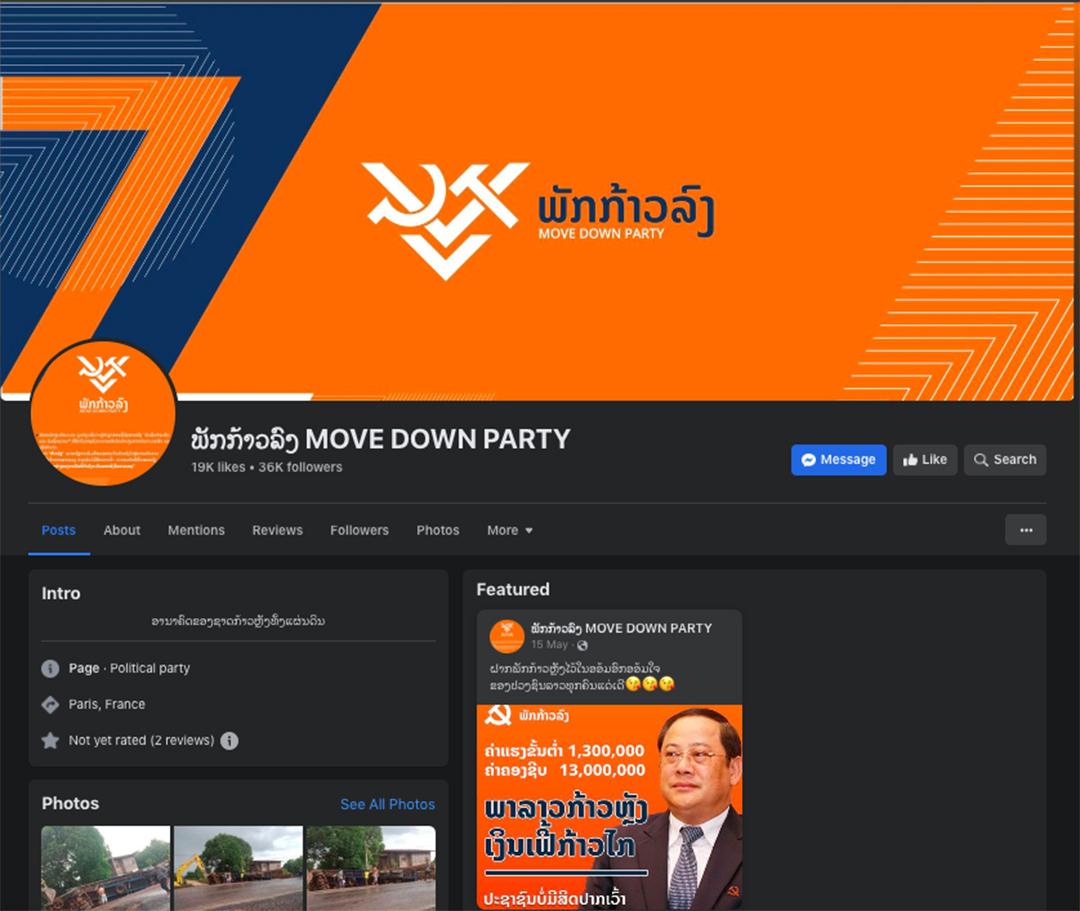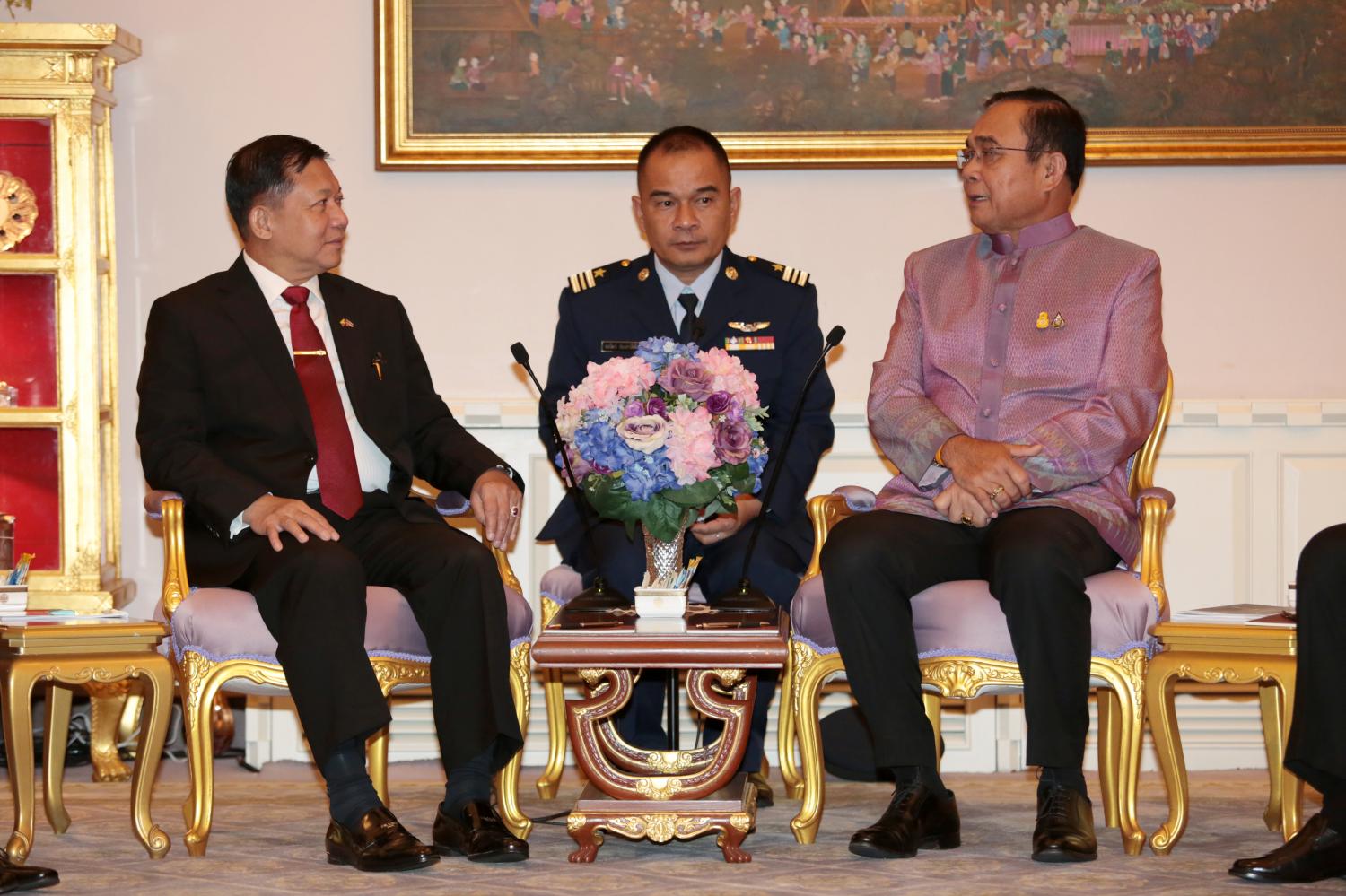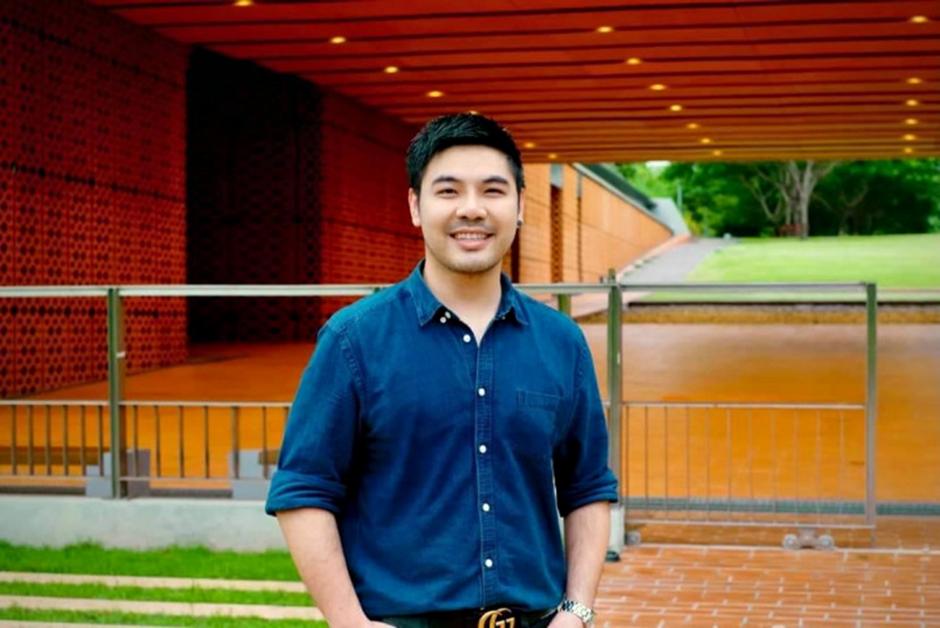
The Move Forward Party’s (MFP) triumph in the general election has sparked new hope for political change in the region, as experts expect the ascendance of an MFP-led progressive government will help shift the landscape of international relations in Southeast Asia toward a more liberal democracy.
Popularity beyond border
Popular support for the MFP and its charismatic prime minister candidate Pita Limjaroenrat is not limited to Thailand but also extends to a large group of young people in neighbouring countries, notably Laos and Myanmar.
In Myanmar, the Transborder News said many Burmese people openly support the Move Forward Party and are monitoring the formation of the new government closely, as they hope to see democracy restored in Myanmar.
“The Burmese were hopeful in the Move Forward Party and Pheu Thai’s victory, as it will inspire their movement and social change in their home country,” the Twitter account @Thailand4Burma under the pseudonym “Olivia”, the Burmese doctor who launched civil disobedience movement in Myanmar, tweeted.
The MFP is also popular among Lao people, as Joseph Akaravong, an exiled Lao political activist who has sought refuge in France, said many people in Laos, especially the youth, have openly expressed their support for Mr Pita and his party on social media.
Mr Joseph said the Move Forward Party is seen as a symbol of hope for democracy. Many Lao people are frustrated with their own government and political system and are yearning for political change.
“Our country is rich with natural resources, but because of severe corruption and lack of political freedom, almost everyone excluding a few elites are poor. We cannot vote the corrupted government out, as Laos is a one-party communist state,” he said.
“When we learnt about Move Forward Party’s victory against the military-backed regime under Gen Prayut Chan-o-cha and that Thais will soon have a bright and handsome prime minister, it gives us hope for a similar democratic transition in our country.”

Joseph: Hope for democracy
Admitting that he himself is also a fan of the Move Forward Party, he said opened a Facebook Page called “Move Down Party” which mimicks the style and logo of the Move Forward Party to criticise the Lao government and tell it to “move down” from power.
He said the phenomenon is is still too new to stir up any substantial change to the Lao political system.
“Nevertheless, I think it is a clear indication of growing discontentment with the Lao People’s Revolutionary Party and demand for political change,” he added.

Just move down: The Facebook page inspired by the Move Forward Party’s policy created by Joseph Akaravong, an exiled Lao political activist.
New foreign policy
Although the popularity of the Move Forward Party among Thailand’s neighbours is unlikely to lead to a strong political movement that can challenge the political status quo in these countries, experts on international relations and Asean politics agree that changes in Thailand’s foreign policy under the new government led by the Move Forward Party will be the major turning point in regional politics.
Given the Move Forward Party’s stance on supporting human rights and democracy, one likely change in international relations will be the Thai government’s stance towards Myanmar’s military junta, which has ruled the country since the 2021 coup and has engaged in bloody civil war against many resistance groups.
The government under Gen Prayut’s administration has close ties with the Myanmar junta. However, Move Forward Party leader Pita said the relationship with Myanmar’s military will need to be revised under his government.

Birds of a feather: Prime Minister Prayut Chan-o-cha meets Min Aung Hlaing, left, commander-in-chief of Myanmar’s armed forces at Government House.
As the MFP is firmly against military dictatorship, the new government will no longer compromise with the Myanmar junta, and will boost humanitarian assistance to help those affected by the armed conflict.
He also promised to work with all stakeholders on the Burma Act to provide non-lethal aid to resistance movements and help make sure the Five Point consensus (a plan to restore peace to Myanmar adopted by Asean members after the 2021 Myanmar coup) would be “really achieved”.
Anekchai Rueangrattanakorn, international relations expert with Chulalongkorn University’s political science faculty, said the MFP’s proposed U-turn on policy towards Myanmar will have profound effects on cross-border relations and the economy.
In response, the junta has announced the MFP will be listed as a pro-West agent assisting terrorist groups in Myanmar, and “alerted” troops to monitor the party’s activities closely, according to the Irrawaddy News on May 22.
Mr Anekchai said the junta already sees the party’s victory as a threat to the stability of the regime.
“Move Forward’s victory could inspire young Burmese to bring back democracy and reform the military. It is light at the end of Myanmar’s tunnel and suggests the Burmese could achieve their own self-determination principle. It also causes alarm for the Tatmadaw (Myanmar military) that their power may be shaken by its close friend,” he said.

Anekchai: MFP listed as pro-West
Supalak Ganjanakhundee, a visiting research fellow at Pridi Banomyong International College of Thammasat University, said Mr Pita’s administration may face an internal challenge from the Thai military, which has a long-standing relationship with the Myanmar armed forces.
“Mr Pita needs to keep in mind that Thailand’s foreign policy invovles not just the Foreign Ministry, but also the military.
Mr Pita needs to make clear that he respects democratic principles, including for those who share different stances,” Mr Supalak said.
Nevertheless, he insisted that with Move Forward Party in power, Thailand will have a prime opportunity to regain its position as a champion of human rights and liberal democratic values in Southeast Asia.
“As Thailand resumes its pro-democratic stance toward foreign relations and international politics, it will be the decisive factor that may lead to the shift in the geopolitical atmosphere of the region.
The major voice in Asean may lean more toward the pro-Western side. As such, if Thailand changes, others may feel more comfortable about speaking out in the same way, insisting Asean should have some say on the Myanmar crisis, especially on human rights violations and Myanmar democracy,” he said.

Supalak: Consider military’s role
Meanwhile, as mainland Southeast Asia is part of a regional battle of wills between the US and China, Thailand could help balance power between these superpowers in the region.
As Laos is struggling to address China’s monopoly on its economy, Thailand could help with cross-border economic investments to balance China’s power.

